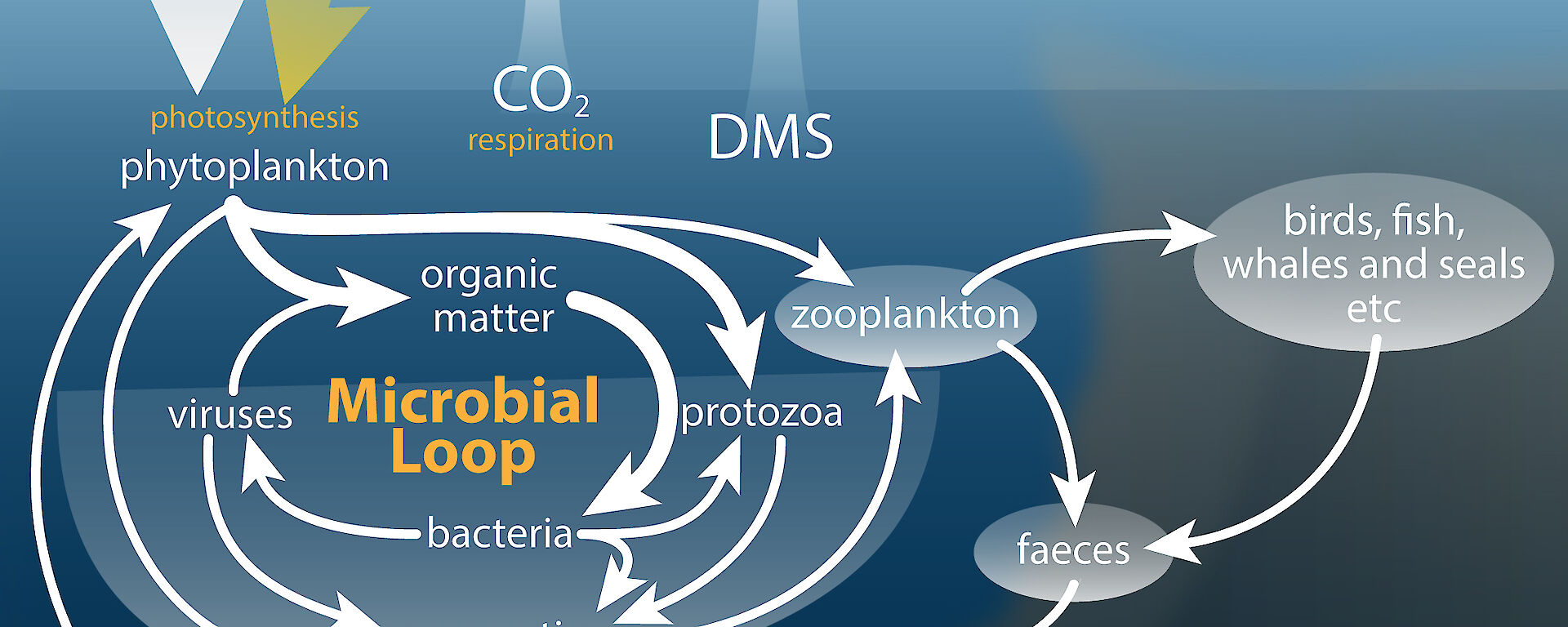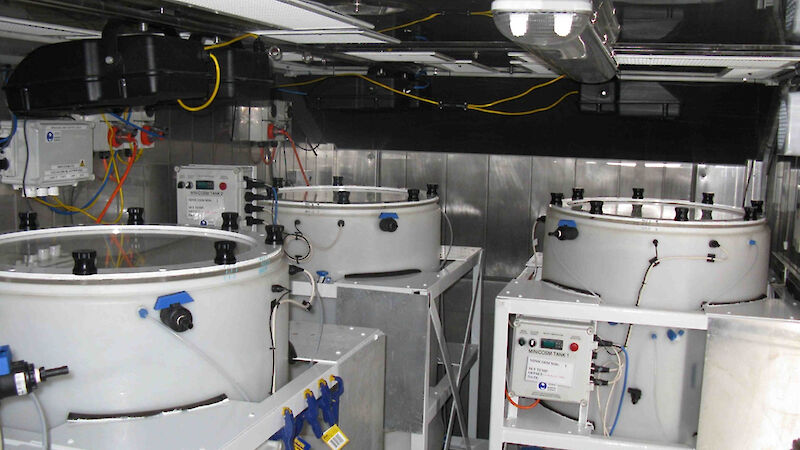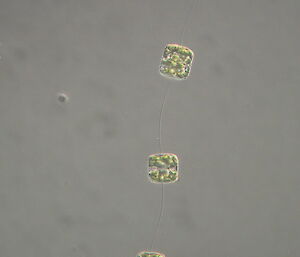Scientists have found that an acidifying ocean could have a significant impact on phytoplankton — the staple diet of krill - with serious repercussions for the entire Antarctic ecosystem.
The results, published in the Marine Ecology Progress Series, show a rapid and significant change for phytoplankton when it was exposed to the carbon dioxide (CO2) levels predicted in seawater by the end of the century.
Australian Antarctic Division Marine Microbial Ecologist Dr Andrew Davidson and his team studied the effects of ocean acidification on marine microbial communities (bacteria, phytoplankton and protozoa) during an experiment at Davis research station.
“We found that phytoplankton decrease in number and size when exposed to levels of carbon dioxide (CO2) above approximately 750 parts per million (ppm),” Dr Davidson said.
“The abundance of large phytoplankton bigger than 0.02mm decline, and we saw an increase in phytoplankton smaller than 0.005mm.
“Marine microbes such as phytoplankton may be very small but they are vastly abundant, the sole source of plant material for the Antarctic food web and also help mediate global climate.
“Krill only graze on phytoplankton bigger than 0.006mm, and as the staple diet of many animals, any impact on krill will have serious repercussions.”
Krill are the keystone species of the Antarctic ecosystem and the staple diet of many animals, including seals, whales, fish, squid, penguins and flying seabirds.
Dr Davidson said a decrease in larger phytoplankton would also impact the global carbon cycle.
“Phytoplankton incorporate CO2 into their cells during photosynthesis and the cells, usually the large ones, sink to the ocean carrying the carbon with them.”
By storing CO2 in the depths of the ocean, phytoplankton help mediate the concentration of CO2 in the Earth’s atmosphere.
“Smaller phytoplankton cells will sink slower and often the smaller cells will be consumed by protozoa and bacteria — which release the CO2 back into the atmosphere,” Dr Davidson said.
Dr Davidson said the experiment at Davis research station was refined and repeated in 2014/15 summer. Preliminary results reinforce the previous findings.
“Experiments such as these help us understand the consequences of rising CO2 in the Southern Ocean and the impact it will have on the Antarctic ecosystem,” Dr Davidson said.




